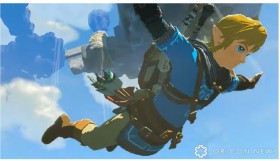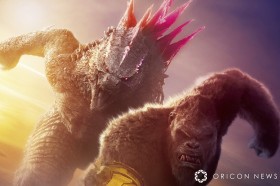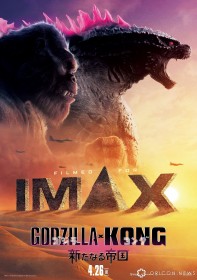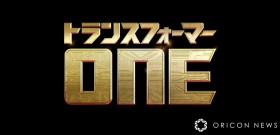Wes Ball, Director of "Kingdom of the Planet of the Apes," Selected to Helm Live-Action "The Legend of Zelda"
Since its debut in 1968, "Planet of the Apes" has spawned numerous visual works, influencing various fields. As a completely new installment, "Kingdom of the Planet of the Apes" (original title: Kingdom of the Planet of the Apes) is set to premiere on May 10. The director, Wes Ball, recently chosen to direct the live-action movie of Nintendo's popular game "The Legend of Zelda," has released special footage where he confidently states, "This work surpasses all previous ones."
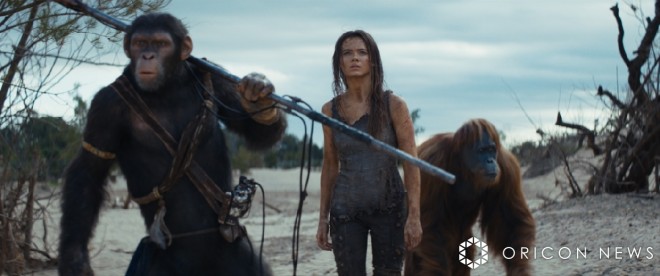
"Planet of the Apes/Kingdom" (Premieres May 10) (C) 2024 20th Century Studios. All Rights Reserved.
In collaboration with WETA, the top-tier VFX studio known for the "Avatar" series, the film is set 300 years in the future, depicting an Earth where apes have taken over as rulers from humans. The film portrays a new conflict between "apes & humans" versus "apes," questioning whether apes and humans can coexist or if apes will dominate, all on an unprecedented scale.
The shocking last scene of the original "Planet of the Apes," where Earth was revealed to be a nuclear war-ravaged former planet, remains an iconic moment in film history. The series captivated global audiences with its impactful narrative, sophisticated ape makeup unusual for its time, and satirical messages. The original series spawned five films by 1973, followed by a reimagined version by Tim Burton in 2001 and a reboot trilogy from 2011 that depicted the process of the world being dominated by apes, praised for Andy Serkis's performance as the ape Caesar and the advanced visual effects.
The newly released footage includes clips of Serkis expressing his honor in participating in a moving project. Director Wes Ball discusses "Kingdom of the Planet of the Apes," set 300 years after Caesar's "holy war," saying, "I'm thrilled to have the opportunity to work on a film I love," and "We can see the world built by apes. The future of humans and the world." He mentions the film's theme, exploring whether "apes and humans can coexist."
Owen Teague, who plays the young ape protagonist Noah, states, "There are connections to the past," indicating that while the film is a completely new work, it incorporates elements reminiscent of previous installments. This appeals to both new viewers and fans of the earlier films.
Freya Allan, portraying Nova, a human woman with a crucial secret, explains in the footage, "Humanity's daily life has crumbled, and we are hunted by apes." The human world, once a bustling metropolis, is now devastated, with highly intelligent and linguistically capable apes attempting to build a vast empire called "Kingdom." In this world, Noah, seeking to prevent total ape domination by the dictator Proximus Caesar, who has taken his family and homeland, encounters Nova on his journey. Having thought of humans as merely wild animals, Noah learns from spending time with Nova about the true nature of humans and a past era of coexistence with apes, prompting him to challenge the ape dictatorship. Will coexistence between apes and humans prove impossible? Has evolution truly chosen them? The film unveils stunning truths and a shocking conclusion about this planet.
Director Wes Ball, who previously achieved global success with the "Maze Runner" series, is known for his unique world-building and direction. William H. Macy, playing the human Trevizan serving Proximus, asserts, "It's a series of surprises. The director's imagination is formidable," indicating that this film, too, expands on Ball's grand vision.
